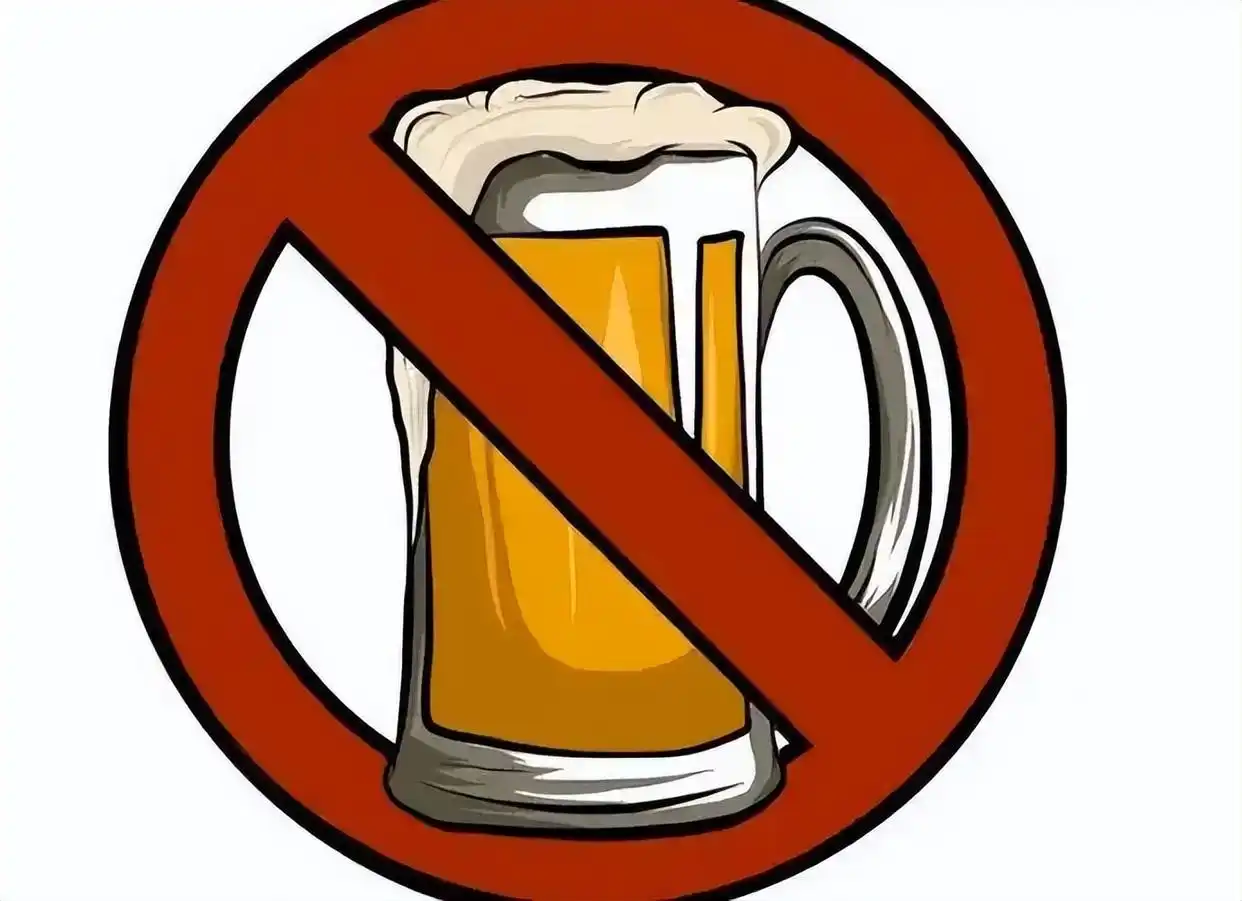Title: A Comprehensive Approach to Health Promotion in Alcohol Recovery and Sustained Abstinence
Alcohol use disorder (AUD) is a pervasive global health challenge, affecting millions of individuals and their families. While the journey to recovery is deeply personal, structured health promotion programs play a pivotal role in supporting long-term abstinence and holistic well-being. An effective Alcohol Recovery Program for Alcohol Abstinence must extend beyond mere cessation; it should integrate physical, psychological, and social dimensions to foster sustainable health outcomes.
Understanding Alcohol Use Disorder and the Need for Abstinence
Alcohol dependence is characterized by a compulsive pattern of consumption despite adverse consequences. Abstinence—complete avoidance of alcohol—is often the recommended goal for individuals with moderate to severe AUD, as moderated drinking may trigger relapse. However, achieving and maintaining abstinence is fraught with challenges, including withdrawal symptoms, cravings, and psychosocial triggers. Thus, a recovery program must address these multifaceted barriers through evidence-based strategies and compassionate support.
Core Components of an Effective Health Promotion Program
-
Medical Supervision and Detoxification
The initial phase of recovery often involves detoxification, a process that should be medically supervised to manage withdrawal symptoms safely. Medications such as naltrexone, acamprosate, or disulfiram may be prescribed to reduce cravings or deter alcohol use. A health-promoting program ensures that medical interventions are tailored to individual needs, minimizing risks and laying a foundation for sustained abstinence. -
Behavioral Therapies and Counseling
Psychological support is critical for addressing the root causes of alcohol dependence. Cognitive-behavioral therapy (CBT) helps individuals recognize and modify maladaptive thought patterns and behaviors related to drinking. Motivational interviewing (MI) enhances intrinsic motivation for change, while contingency management provides positive reinforcement for sobriety. Group therapy and family counseling further strengthen social support networks, reducing feelings of isolation. -
Nutritional and Physical Wellness
Chronic alcohol use often leads to nutritional deficiencies and physical health decline. A comprehensive program incorporates nutritional education, balanced meal plans, and supplementation (e.g., B vitamins, magnesium) to restore bodily functions. Regular physical activity—such as yoga, walking, or strength training—boosts mood, reduces stress, and improves overall health, making it easier to resist cravings. -
Mindfulness and Stress Management
Stress is a common trigger for relapse. Mindfulness-based practices, including meditation and deep-breathing exercises, help individuals develop greater emotional regulation and resilience. Techniques such as progressive muscle relaxation or journaling can further alleviate anxiety and promote mental clarity. -
Social Integration and Community Support
Long-term abstinence thrives in a supportive environment. Peer support groups like Alcoholics Anonymous (AA) or SMART Recovery offer a sense of community and accountability. Additionally, vocational training, recreational activities, and volunteer opportunities help individuals rebuild their identities and integrate into society without reliance on alcohol. -
Relapse Prevention Planning
Relapse is not a sign of failure but an opportunity for learning. A robust program equips participants with tools to identify early warning signs, develop coping strategies, and create actionable relapse prevention plans. Regular follow-ups and check-ins ensure continuous support even after formal treatment concludes.
The Role of Technology in Modern Recovery Programs
Digital health tools—such as mobile apps, telemedicine, and online support communities—are increasingly valuable in promoting abstinence. Apps like "Sober Time" track sobriety milestones, while teletherapy sessions provide accessible counseling. Wearable devices can monitor physiological indicators of stress, prompting timely interventions. These technologies bridge gaps in traditional care, offering flexibility and real-time support.

Addressing Stigma and Promoting Mental Health
Stigma remains a significant barrier to seeking help. Health promotion programs must actively combat misconceptions about AUD through education and advocacy. By framing addiction as a medical condition rather than a moral failing, these initiatives encourage more individuals to pursue recovery without shame. Integrating mental health care—for co-occurring disorders like depression or anxiety—ensures a holistic approach to well-being.
Evaluating Success Beyond Abstinence
While abstinence is the primary goal, success in recovery should also be measured by improved quality of life. Metrics such as enhanced relationships, stable employment, and psychological well-being provide a more comprehensive view of progress. Programs that celebrate these milestones foster a sense of achievement and motivation.
Conclusion
A Health Promotion Alcohol Recovery Program for Alcohol Abstinence is most effective when it embraces a multidimensional, person-centered approach. By combining medical, psychological, and social strategies, such programs empower individuals to reclaim their health and build fulfilling, alcohol-free lives. As research and innovations continue to evolve, the promise of sustainable recovery becomes increasingly attainable for those affected by alcohol use disorder.




发表评论